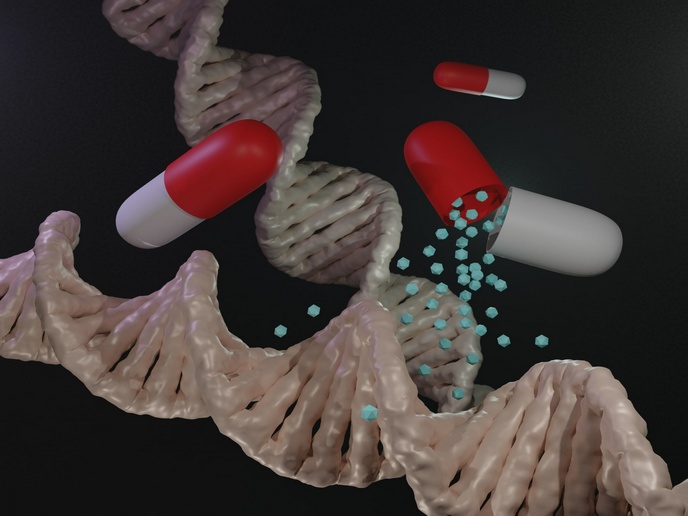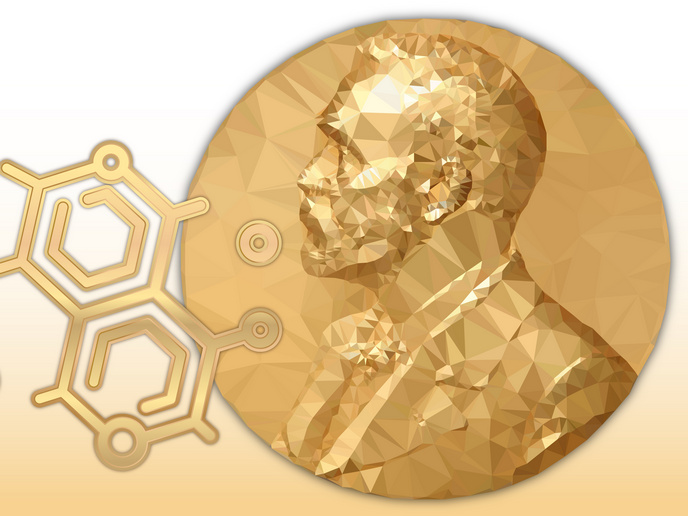Premium nanotechnology against cancer
The unique properties of nanostructured materials make them valuable allies in the fight against cancer. Their employment facilitates highly efficient drug delivery and enables molecular sensing in diagnosis, multiplex imaging, and construction of point-of-care therapeutic devices. The EU-funded NANO4TARMED project established an interdisciplinary scientific cluster to deal with the fundamental issue of nanotechnology driven anticancer drug delivery. The consortium developed nanoplatforms, which will contain, next to the newly developed platinum-based drug, also optical or plasmonic labels, usable for tracking these nanoplatforms in vivo, as well as for diagnostic purposes and monitoring of the disease progression and its treatment.
New directions of the nanoplatform anticancer potential
NANO4TARMED is the fruit of collaboration among the Regional Centre of Advanced Technologies and Materials of the Palacký University Olomouc in the Czech Republic, the laboratory of the Maynooth University in Ireland and the Institute of Science and Technology for Ceramics, part of the National Research Council of Italy. “We have successfully established a working scientific consortium, where we exchange students, knowledge and best practices,” explains project coordinator Václav Ranc. The early-stage researchers (ESRs) involved in the project were selected based on the selection criteria document, produced and agreed by the steering board, through a transparent evaluation of experience, CVs, motivation letters and skills. “The main goal was to establish a working scientific consortium, where ESRs and research and management staff (RMAs) would obtain substantial training on the writing of scientific papers and project proposals but, most crucially, also on technology transfer and how to work with cell-lines and to synthesise Pt-based drugs,” explains Ranc. “However, the consortium achieved also remarkable results regarding its scientific work in the field of drug delivery systems in the treatment of osteosarcoma, which is also important as this is the main reason why we established it.” Osteosarcoma is one of the most common malignant tumours in children and young adults in the EU. The focus was given to developing a targeted drug delivery system to increase the success rate of the treatment and minimise its side effects. The novel nanoplatform was based on the utilisation of graphene oxide nanoparticles able to deliver platinum-based anticancer drugs, which were also developed in the framework of NANO4TARMED. The team successfully tested its performance on 2D and 3D cancer cell models, while the 2D nanomaterial was further functionalised using biocompatible polymers, platinum-based complexes and more anticancer compounds.
Advanced scientific research for the sake of efficient pharmaceutical practice
“The approaches and protocols developed in the NANO4TARMED project will be in ideal case implemented in a drug development on the level of pharmaceutical companies, resulting in novel drugs with enhanced therapeutic efficiency and minimised side effects,” stresses Ranc. To achieve that, the researchers are currently focused on disseminating the NANO4TARMED results via social media, newspapers, seminars, scientific publications and conferences related to drug delivery. The team’s next steps focus on the development of theranostic platforms for the delivery of platinum-based drugs combined with doxorubicin with the potential of tracking via fluorescent or plasmonic labels. “We are also organising a round table with pharmaceutical companies, where we will further disseminate our results, and we will also discuss a potential future implementation of some of our strategies in commercial drug development,” concludes Ranc.
Keywords
NANO4TARMED, drug delivery, nanoplatform, nanotechnology, anticancer treatment, theranostic platforms, osteosarcoma







